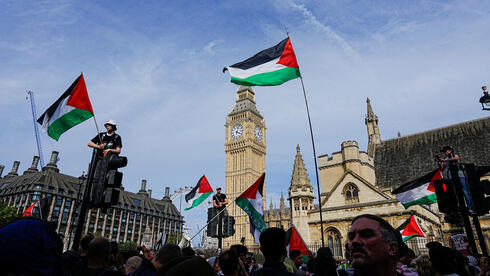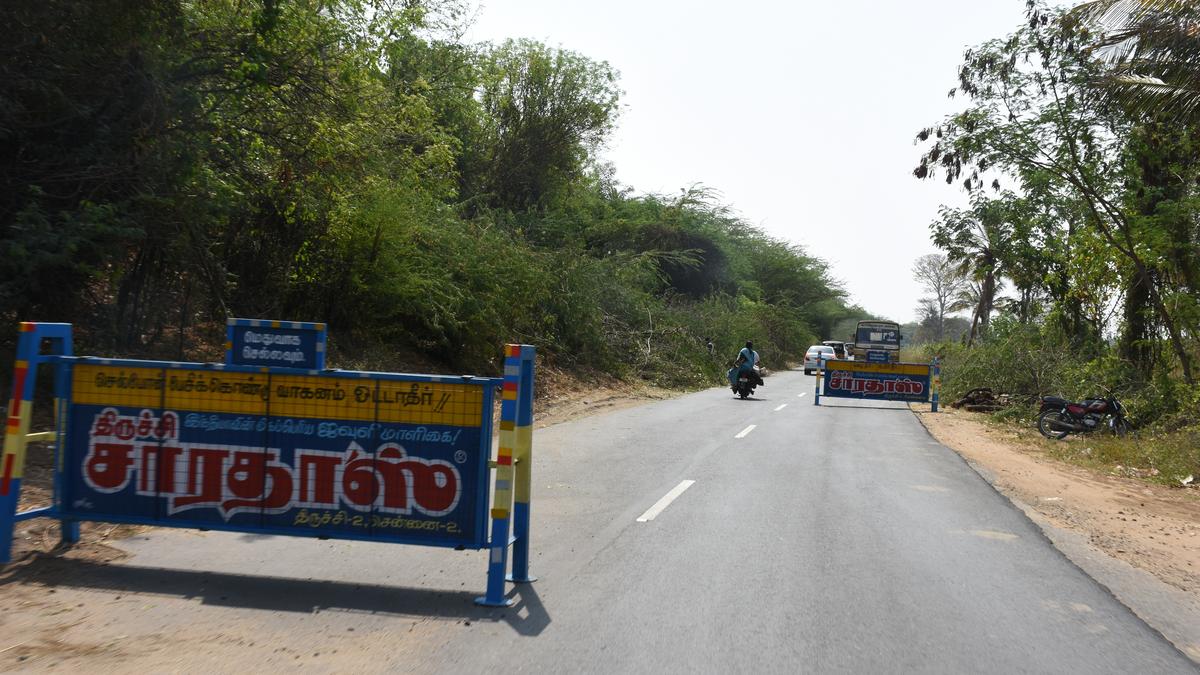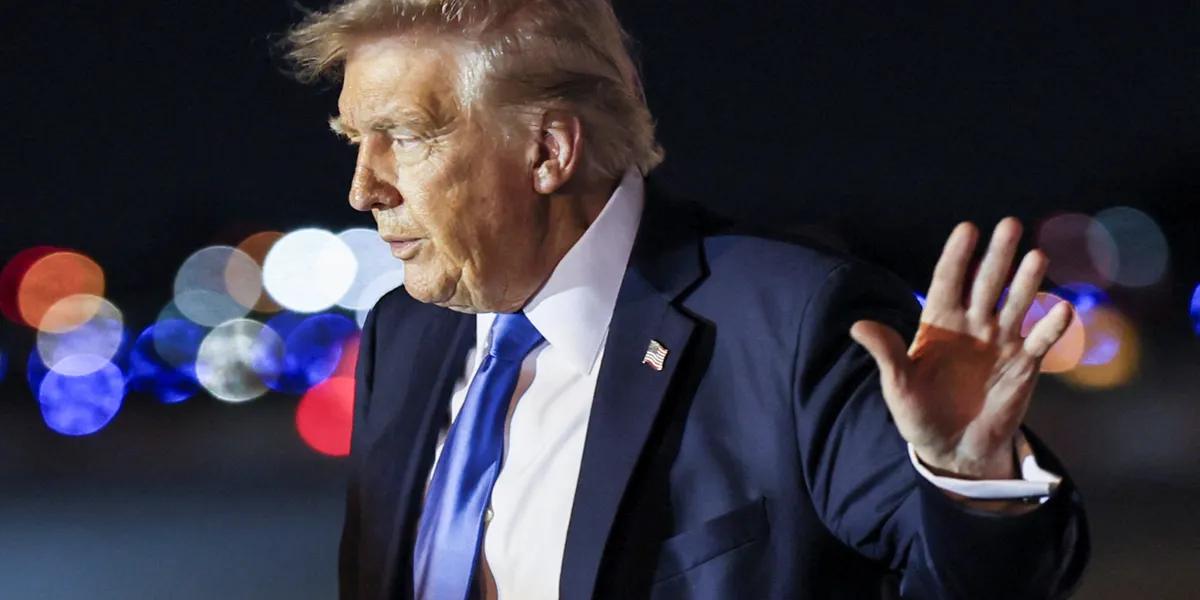By Itamar Eichner
Copyright ynetnews

After nearly two years of war in Gaza with no end in sight, diplomatic pressure on Israel is mounting. The United Kingdom is set to recognize a Palestinian state this weekend, possibly as early as Friday, marking a dramatic shift in its long-standing policy of opposing recognition absent meaningful progress in peace talks. The move would precede a broader wave of recognitions expected on Monday at a French-Saudi conference on the sidelines of the UN General Assembly in New York. Prime Minister Keir Starmer announced in late July his intention to recognize a Palestinian state, citing international outrage over the humanitarian crisis in Gaza and warning that Israeli actions in the West Bank undermine prospects for a two-state solution. He set three conditions to avoid recognition: a ceasefire in Gaza, commitment to a political process and a halt to annexation in the West Bank. Israel rejected the demands, accusing him of “rewarding Hamas terrorism.” Starmer has insisted Hamas should have no role in a future Palestinian government, though he did not make that a condition. His shift is notable given his record: when he replaced Jeremy Corbyn as Labour leader in 2020, he launched a major campaign against antisemitism in the party, defended Israel after the October 7 massacre, and initially resisted calls for a Gaza ceasefire. But as the war dragged on, his tone hardened. His election platform already included a pledge to pursue recognition of Palestine, and since taking office last year, he has suspended some arms exports to Israel and imposed sanctions on far-right ministers Itamar Ben-Gvir and Bezalel Smotrich. Starmer’s announcement followed similar declarations by French President Emmanuel Macron. According to reports, London coordinated with Paris to avoid isolating itself. Analysts say the UK hopes to soften U.S. opposition—President Donald Trump has denounced recognition as a “reward for terror”—by moving in tandem with other states. “There’s safety in numbers,” said Richard Gowan of the International Crisis Group. The decision was delayed until after Trump’s state visit to London, which ended Thursday. At a joint press conference, Trump said he disagreed with Starmer on the issue but described it as one of their “few differences.” Asked whether recognition would embolden Hamas, Starmer stressed the group is “a terror organization that can have no part in a government in Palestine.” Standing beside him, Trump patted him on the back and said, “That’s good.” Starmer also highlighted his personal ties to Israel through his Jewish wife, noting: “October 7 was the most horrific attack since the Holocaust. We have extended family in Israel. I understand firsthand the psychological impact this had across the country. Hamas doesn’t want two states, peace or even a ceasefire.” He framed recognition as a step to preserve the possibility of a two-state solution and to push toward ending the war: “It’s part of a package that will hopefully move us from the appalling situation we’re in now to a result where Israel is secure—and it isn’t secure now—and there’s a viable Palestinian state.” Domestic politics also played a role. Labour insiders say Starmer faced mounting pressure from within the party, particularly with his approval ratings sagging over Britain’s migration crisis. Some MPs warned that reversing course on recognition would amount to “political suicide.” Others are pushing him to go further by declaring Israeli actions in Gaza genocide and imposing sanctions. London Mayor Sadiq Khan has already said “one cannot avoid the conclusion” that genocide is taking place. The practical implications of UK recognition remain unclear. The Palestinian mission in London plans to raise its flag and declare itself an embassy, though it is not yet certain if Britain will appoint an ambassador. Canada, Australia, Malta, Luxembourg and several European states are also preparing to recognize Palestine under varying conditions, with France leading the initiative alongside Saudi Arabia. The French-Saudi conference will take place Monday, just before world leaders address the UN General Assembly. Trump is scheduled to speak Tuesday. In a rare move, the U.S. has denied entry to Palestinian Authority President Mahmoud Abbas, but the UN is expected to allow him to address the assembly by video later in the week. Prime Minister Benjamin Netanyahu is also slated to speak Friday after meeting Trump in Washington. Israel has condemned the recognition drive but has not revealed how it will respond. Smotrich is pressing for sweeping annexation of West Bank territory, a step Gulf states warn would be a “red line” that could trigger a rupture in relations. Strategic Affairs Minister Ron Dermer, a close Netanyahu ally, has floated a narrower move—annexing only the Jordan Valley—that he suggested might be more diplomatically manageable.



